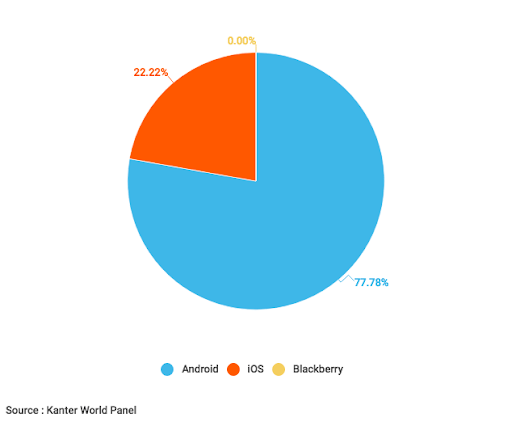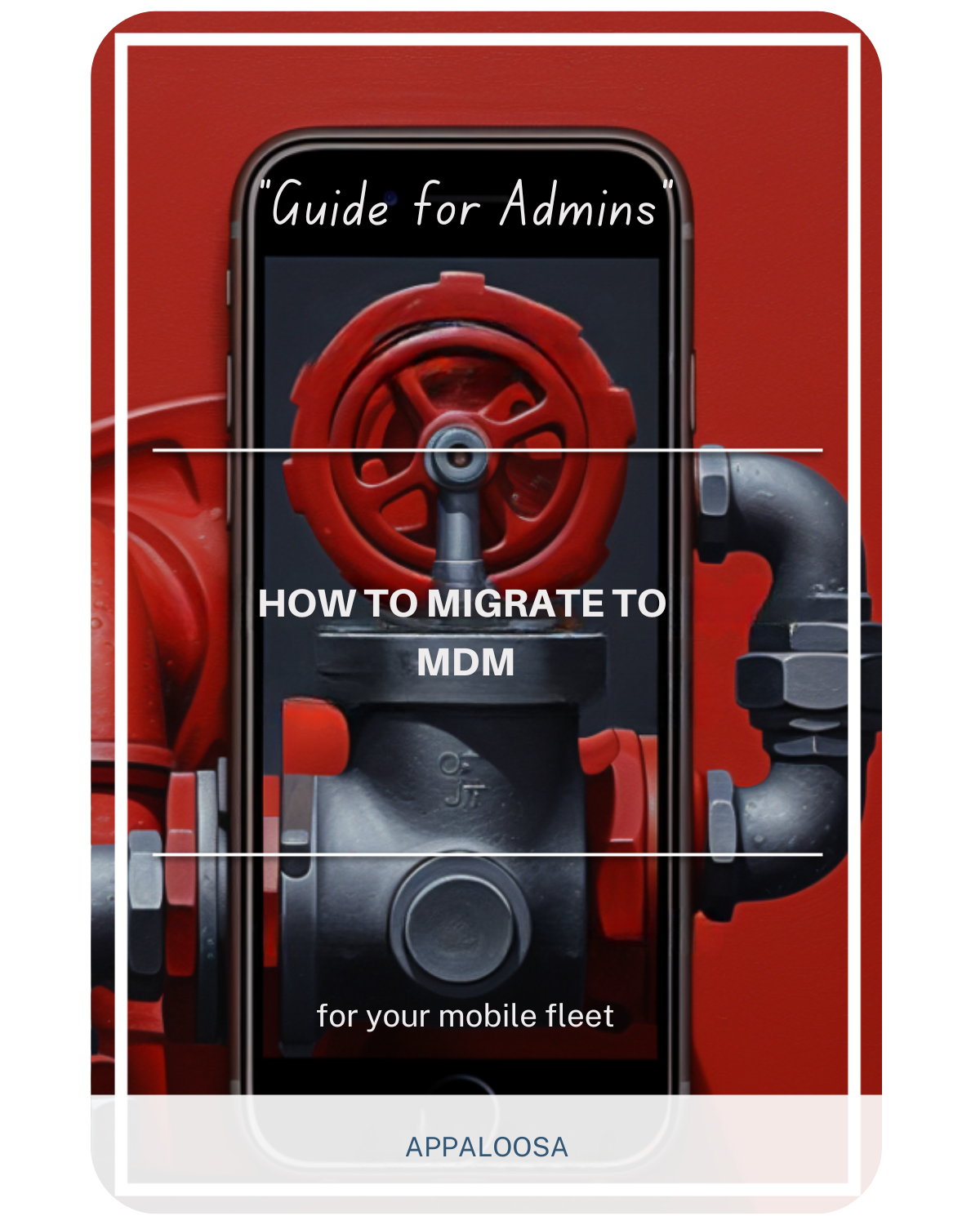App development – Best practice #2: Native, hybrid or web?

Developing an app is an investment. Obviously, the goal is rarely to spend excessively or to work for months for a result that doesn’t exactly fit to what you want. To get a clearer picture, we present you here the three major app families (native, web and hybrid), and we give you tips to make sure you’ll make the right choice.
The figures revealed by StatCounter confirm it: in September 2018, global Internet users are now 51.4% to do their research on mobile against 44.12% on desktop (the remaining 4% are using tablets…). In other words: if you develop an offer, service or product that you have planned to monetize via a digital channel, it is therefore absolutely necessary to set up an app to reach the (very) many users that only access Internet through their smartphone.
Mobile has taken the lead. And it’s up to you to get to your (future) users with an app that allows them to access your offer. Only: must it be native, web or hybrid?
1 – Your budget is limited, and your app’s UX is the least of your worries?
Opt for a web app.
A web app is neither more nor less the mobile version of a website. So there is no need to develop multiple versions for multiple operating systems: this is the option to take if your budget is tight and you don’t see your app as a crucial broadcast or sales channel for your project. You prefer to invest in content, and don’t have too many resources to put in this app… Obviously, there are all kinds of web applications (sometimes also called “responsive websites”), and the result can vary depending on the content.
Advantages
- A web app makes content available and functional on a mobile interface in a simple way.
- It doesn’t cost much, on average three times less than a native application, and it can be a lot less.
- This is a good solution for those who don’t rely on mobile, and it can also be an interesting transitional solution, while waiting to opt for the higher model.
Disadvantages
- A web app will not work without a proper Internet access.
- Generally, the design and especially the user experience (UX) are weak: since the app is not developed for a particular OS, it is absolutely not optimized.
- There is no ability to send push notifications, or anything to retain your users
2 – Your UX has to be the best on the market, and you have sufficient resources to choose the best?
Opt for a native app.
It’s the grail of apps! The native app is what we intuitively think, when we think of an application. This is the real app, the one you download on the apps store, the one that sends notifications to your users to capture them in their daily lives, and boost the rate of use and/or the sales of your offer. However, you have to be ready to put the price… And beware: the trap would be to develop your app on only one OS, which would cut you off from a (large) number of potential users (see figures cited above). This option is strongly discouraged.
Advantages
- Your app can send push notifications to your users, and keep them spectacularly loyal, or even addicted to your service.
- It does not necessarily need an Internet connection to work.
- UX and design are tailor-made for each operating system, so you have the best of both worlds.
Disadvantages
- Since it must be developed independently on each operating system, a native app is EXPENSIVE. Concerning the OS: you should be alright if you develop your app on iOS and Android – since the crash of Windows Phone, the other operating systems are almost non-existent. And when you see that even Blackberry is planning its comeback under Android…
- As a result, it takes time to develop and maintain different versions of your app.

3 – Need an app that’s fast, efficient and functional, and still looks like an app, not a mobile site?
Opt for a hybrid app.
Do you still not understand what a hybrid application is? It’s very simple: it’s exactly between the web app and the native app. The best of both worlds!
Advantages
- As for a web app, there is only one version for all OSs, and thus a significant money gain, with only one code to produce – you only develop once to deploy on all platforms.
- Also note the time saving, not only for development, but also for maintenance.
- This is a real app that your users download, just like a native app, which is available on all app stores stores.
- You also have all the advantages of a native application: push notifications, possible use without web access…
Disadvantages
- Since there is only one code for the different major operating systems, the design or UX may not be fully adapted.
- A hybrid app will necessarily be less powerful than a native app, even if it is getting better and better…
4 – You favour UX and design, and a hybrid app seems a bit limited, but you don’t have the ability to develop multiple versions for multiple OS?
Opt for native react.
Developed during a hackathon organized by Facebook in 2015, React Native is a framework that allows to push a little further the hybrid side and have both its advantages, while opting for an interface closer to the application native than the hybrid app.
In conclusion…
Well, as you can see, anything is possible:
If you have a very limited budget, the web app seems to be a good choice! However, be careful not to develop a product that will be far below the expectations of your (future) users. But if the use of the app will boil down to reading articles like Wikipedia, go for it!
If experience and design are part of the service itself (as is the case for Uber…), you have no choice but to develop a native, powerful and seamless app that will give your user a rich and unique experience.
The hybrid app or native react are probably the most interesting options if you do not have an unlimited budget, but you still bet on this channel, and you want to have an app that works well on any type platform (think of Instagram for example…)
It’s up to you, now!
